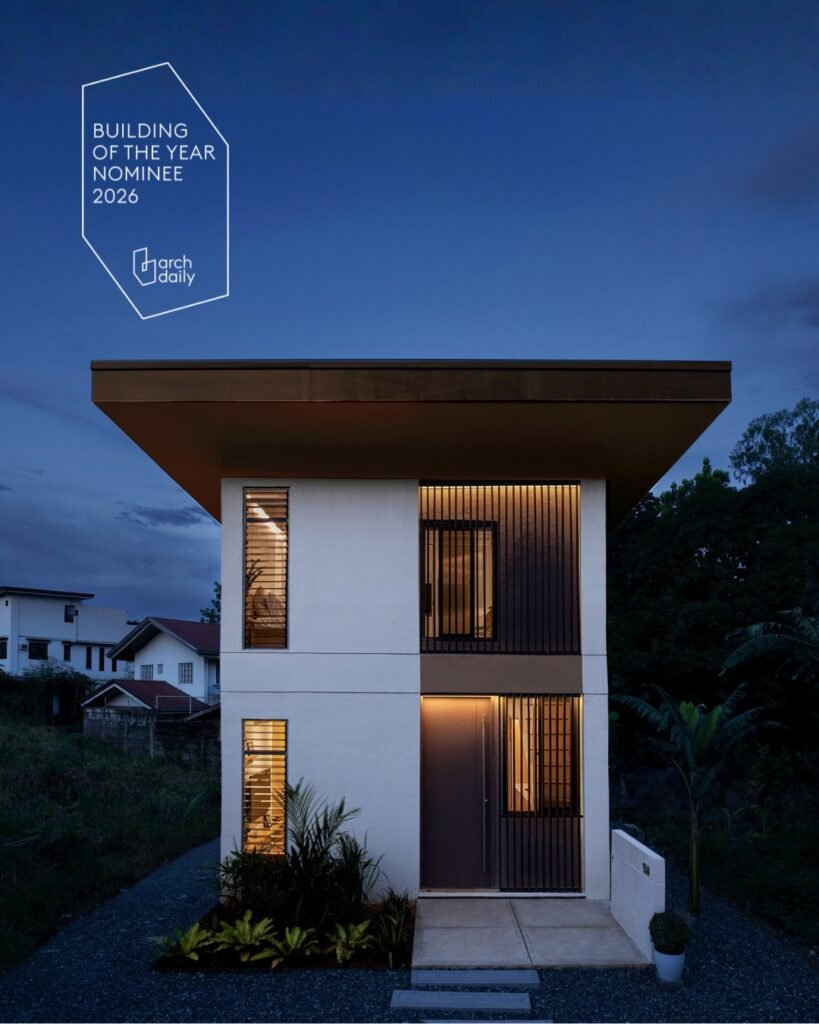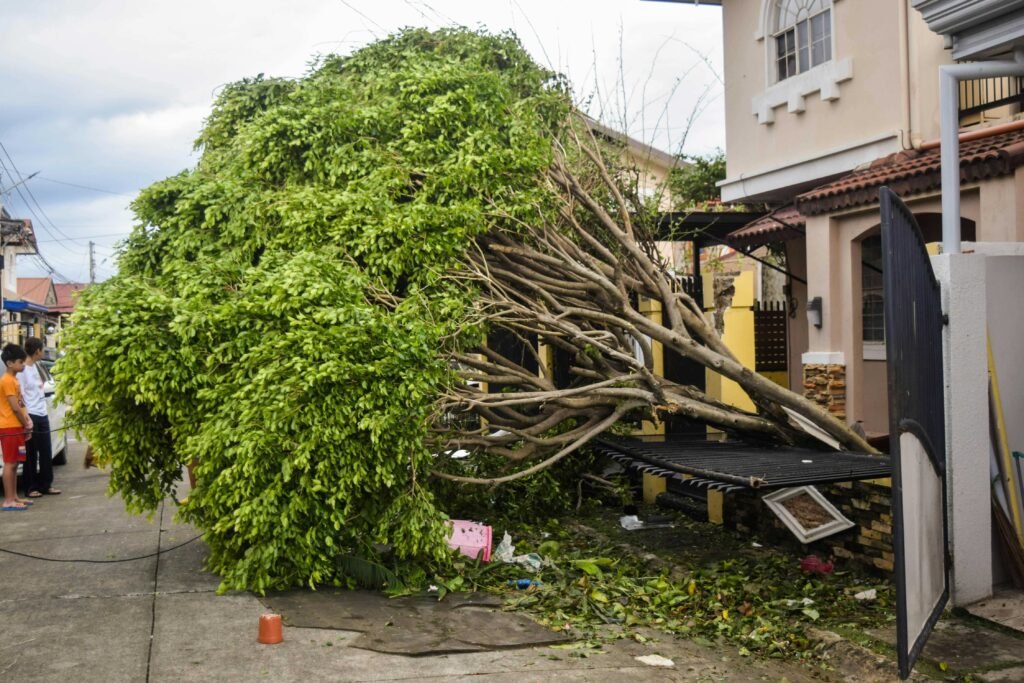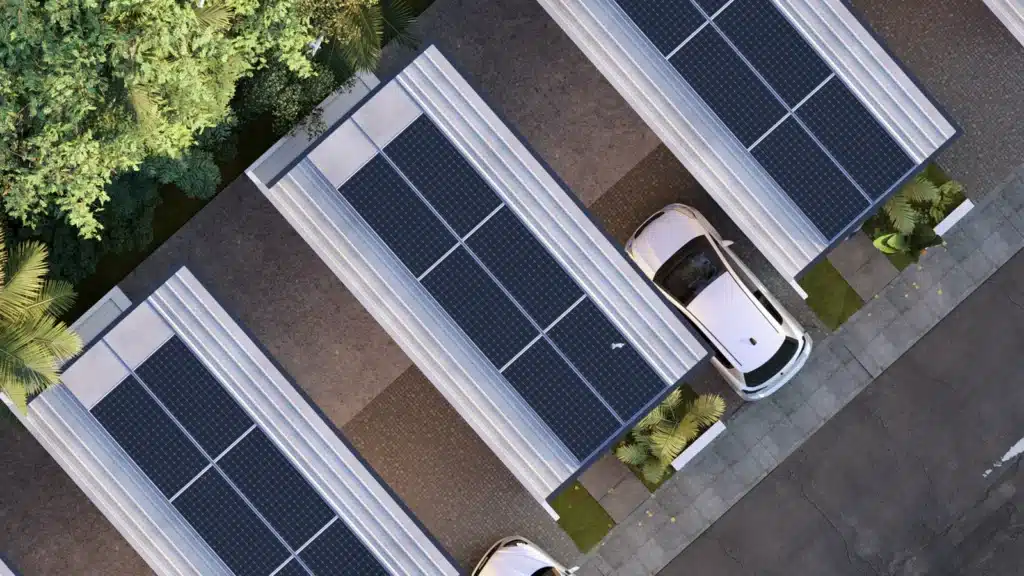Discover how the Filipino community has embraced zero-waste living. From pioneering initiatives to eco-friendly businesses, plastic-free shopping, sustainable fashion, and environmental education, explore the inspiring efforts of Filipinos in building a greener future. Join the movement and learn practical ways to incorporate eco-friendly practices into your daily life.
PHOTO: Sylvie Michel on Unsplash
In recent years, sustainability and eco-friendly living have gained significant traction worldwide. The Philippines, known for its vibrant culture and a strong sense of community, has wholeheartedly embraced the principles of zero-waste living.
From pioneering initiatives to the rise of eco-friendly businesses and products, Filipinos have been actively working towards a more sustainable future. Let’s explore the exciting developments of zero-waste living and its impact on the Filipino community.
Pioneering Zero-Waste Initiatives in Filipino Communities
The journey towards a zero-waste lifestyle started with small but impactful steps taken by local communities across the Philippines. Filipinos showcased their commitment to environmental sustainability, from neighborhood cleanup drives to community composting.
Plastic Solution and Zero Waste Philippines spearheaded awareness campaigns and educational programs, inspiring individuals to reduce waste and adopt sustainable practices.
The Rise of Eco-Friendly Businesses and Products
In the Philippines, in response to the growing demand for sustainable alternatives, there is a remarkable surge in eco-friendly businesses and products. From organic skincare brands to zero-waste grocery stores, entrepreneurs have taken the lead in offering environmentally conscious options.
Companies like Lasting Basics and Sip PH have gained popularity for their reusable products, encouraging consumers to minimize single-use plastic consumption.
Plastic-Free Shopping: A Growing Trend in Filipino Markets
Filipino markets have undergone a transformative change, with a growing emphasis on plastic-free shopping. Inspired by the global zero-waste movement, local markets have adopted innovative approaches to reduce plastic waste.
The introduction of bulk stores, where customers can bring their containers for purchasing items like grains, spices, and cleaning supplies, has gained momentum. Farmers’ markets have also embraced traditional and sustainable ways of packing our food, such as banana leaves and biodegradable materials, offering fresh produce without the burden of excess plastic.
The province of Quezon, in particular, has banned the use of plastics in wet and dry markets, and it was well-received by citizens and businesses alike.
Sustainable Fashion and the Filipino Creative Industry
The Filipino creative industry has recognized the need for sustainable fashion and has championed eco-conscious practices. Designers have started incorporating sustainable materials, such as organic cotton and upcycled fabrics, into their collections.
Brands like Anthill Fabric Gallery and R2R (Rags2Riches) have promoted sustainable fashion and uplifted local artisans and weavers, preserving traditional craftsmanship while championing environmental responsibility.
The Miss Earth pageant, one of the best examples of sustainable fashion, always has a segment for their pageant activities that asks contestants to come up with gorgeous fashion pieces made from recycled materials.
Empowering Filipinos through Environmental Education and Advocacy
To foster a long-lasting impact, environmental education, and advocacy have played a crucial role in empowering Filipinos. Schools, community centers, and non-profit organizations have promoted sustainable practices through workshops, seminars, and campaigns.
By equipping individuals with knowledge of waste reduction, recycling, and sustainable agriculture, these initiatives have instilled a sense of environmental stewardship among the Filipino population.
Pinoys Must Embrace Zero-Waste Living in 2023
As the Filipino community continues to embrace zero-waste living, it is essential to recognize the progress and challenges ahead. We inspire others to join the sustainability movement by celebrating individual efforts and collective achievements.
From reducing plastic waste to supporting local eco-friendly businesses, every action counts. Let us unite as a community to promote environmental sustainability and work towards achieving the global goals for a better, greener future.
Co-create with BillionBricks! As we develop our next house model, we are open to your ideas and feedback which are essential to building a net-zero home that meets your needs and exceeds your expectations.
By booking a call with us, we’ll also share our own ideas and insights, and explore ways in which we can collaborate. Book a call with us now at https://calendly.com/prasoon/billionbrickscall.
References:
-
AsiaTrend. Miss Earth Philippine from “TRASH to CLASS” Fashion Show. Retrieved from https://asiatrend.org/community/miss-earth-philippine-trash-class-fashion-show/.
-
Borja, Angelique. 10 Local Brands to Help You Start a Zero-Waste Lifestyle. Retrieved from https://www.loopme.ph/looptalk/10-local-brands-to-help-you-start-a-zero-waste-lifestyle.
-
MetroStyle. The Ultimate List Of Sustainable Fashion Brands. Retrieved from https://metro.style/fashion/inspiration/sustainable-brands-in-the-philippines/32689.
-
The Fifteenth Congress of the Republic of the Philippines. AN ACT BANNING THE USE OF PLASTIC BAGS, REGARDLESS OF COMPOSITION, IN ALL RETAIL ESTABLISHMENTS AND PROVIDING PENALTIES FOR VIOLATIONS THEREOF. Retrieved from https://legacy.senate.gov.ph/lisdata/1235710360!.pdf.





